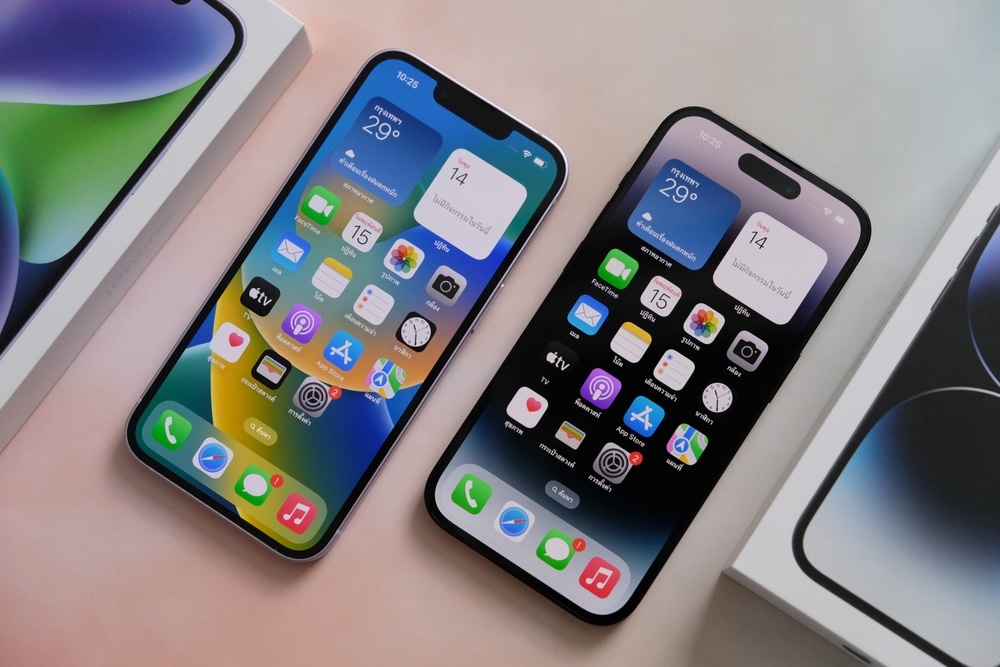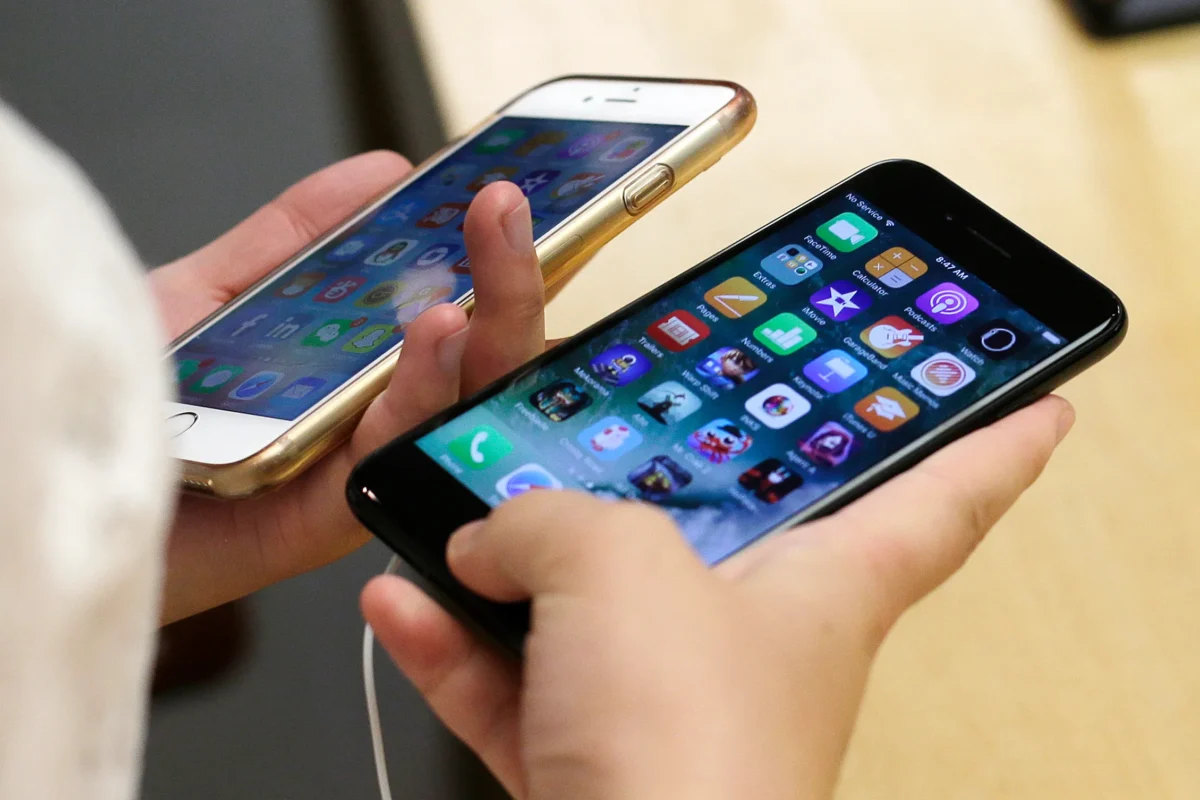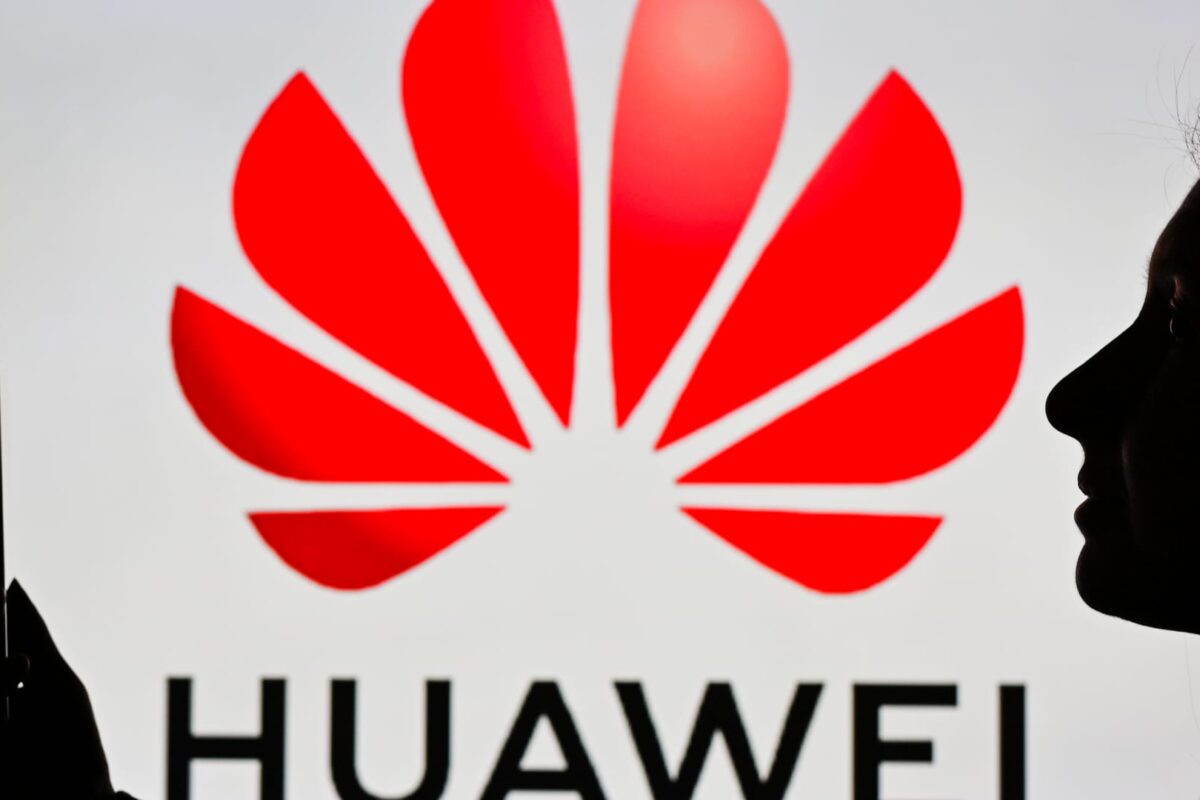Introduction:
In the ever-evolving landscape of the software industry, staying ahead of the curve is not just an option but a necessity. As we delve into the heart of technological advancements, the importance of debugging the future becomes more evident than ever. In this blog, we will explore the current trends and innovations shaping the software sector, with a spotlight on how companies like Software Territory are leading the charge.
The Software Landscape:
The software industry is undergoing a profound transformation, driven by breakthroughs in artificial intelligence, cloud computing, and data analytics. As businesses strive to be more agile and efficient, software development practices are adapting to meet these evolving needs.
AI-Powered Development:
One of the most significant trends in software is the integration of artificial intelligence (AI) into the development process. From automating mundane tasks to enhancing decision-making processes, AI is reshaping how software is conceptualized, designed, and deployed. Software Territory, a leading player in this field, has been at the forefront of leveraging AI to streamline development workflows and optimize performance.
Cloud-Native Technologies:
The cloud has become an integral part of software development, enabling scalable and flexible solutions. Cloud-native technologies are revolutionizing how applications are built, deployed, and managed. Software Territory’s expertise in cloud-native development ensures that clients can harness the power of the cloud to drive innovation and efficiency in their projects.
DevOps and Continuous Integration/Continuous Deployment (CI/CD):
DevOps practices and CI/CD pipelines have become indispensable for software development. These methodologies enhance collaboration, automate testing, and ensure faster and more reliable software releases. Software Territory’s commitment to these practices reflects their dedication to delivering high-quality software solutions with speed and precision.
Blockchain Integration:
As concerns about security and transparency grow, blockchain technology is gaining prominence in software development. Software Territory recognizes the potential of blockchain in ensuring data integrity and security in various applications, and they actively incorporate blockchain solutions into their development strategies.
Software Territory: Leaders in Innovation
Software Territory stands out in the software industry not just as a development company but as a hub of innovation. Their commitment to staying at the cutting edge of technology ensures that clients receive the most advanced and future-proof solutions for their software needs.
Comprehensive Software Development Support:
Clients partnering with Software Territory gain access to a wide spectrum of software development services. Whether it’s web development, mobile app development, or enterprise software solutions, Software Territory has the expertise to meet diverse requirements.
Agile and Client-Centric Approach:
What sets Software Territory apart is their agile and client-centric approach. They understand the unique needs of each client and tailor their development strategies accordingly. The result is not just software; it’s a solution that aligns seamlessly with the client’s vision and goals.
Conclusion:
In the dynamic realm of software development, debugging the future is not just about fixing bugs; it’s about staying ahead of the curve. Software Territory exemplifies this ethos, combining innovative technologies with a client-focused approach to deliver software solutions that not only meet today’s needs but also anticipate the challenges and opportunities of tomorrow. As we navigate the ever-changing landscape of the software industry, Software Territory stands as a beacon of excellence and innovation, ready to shape the future of technology.






